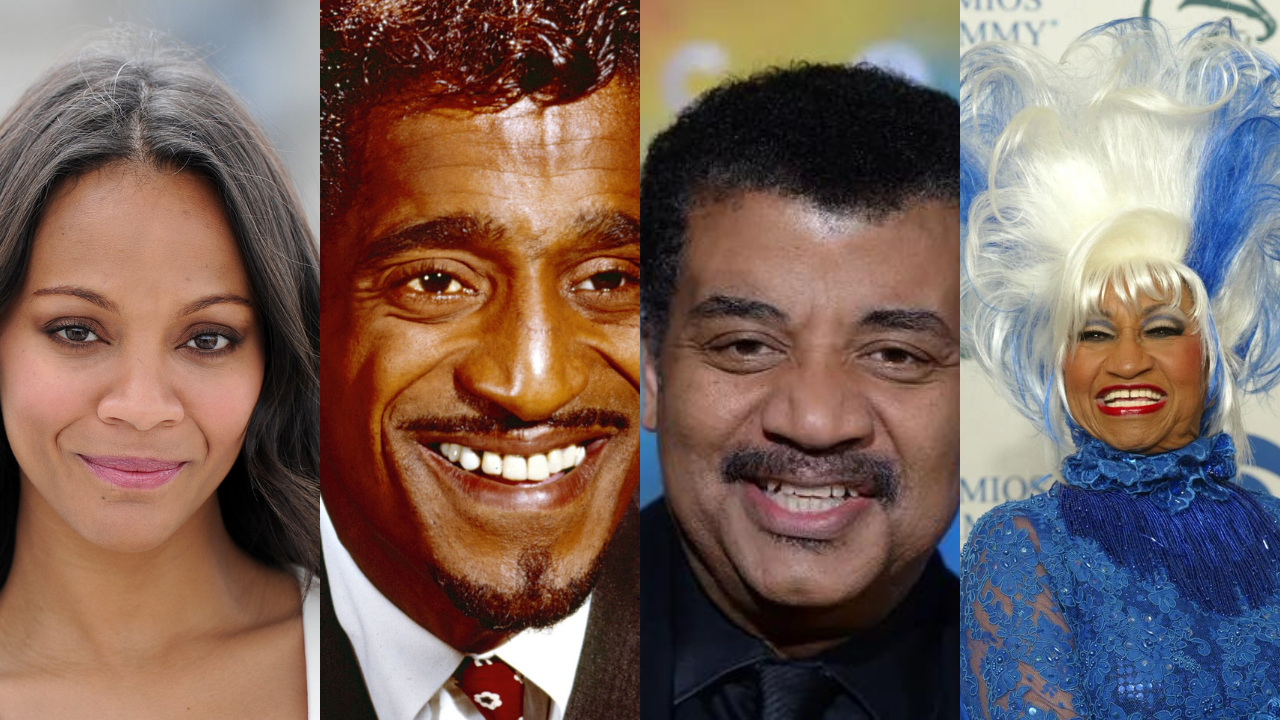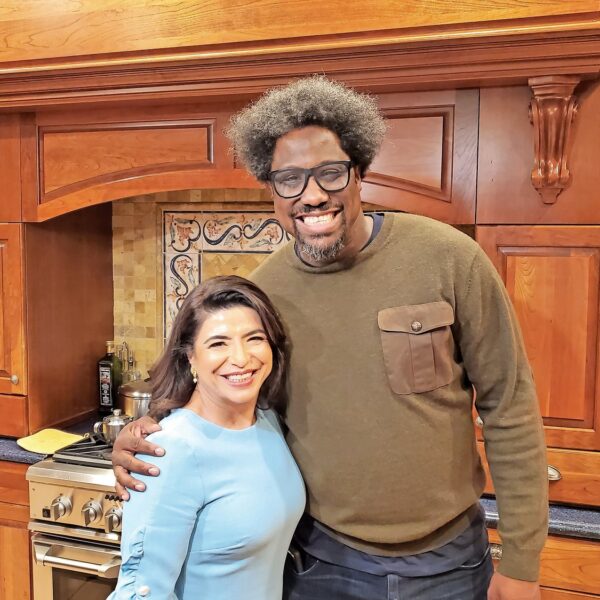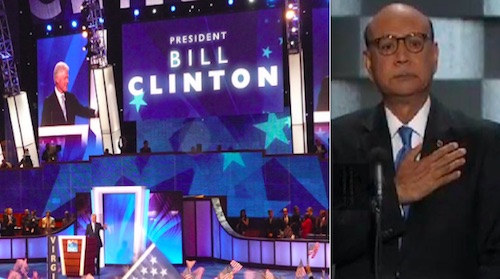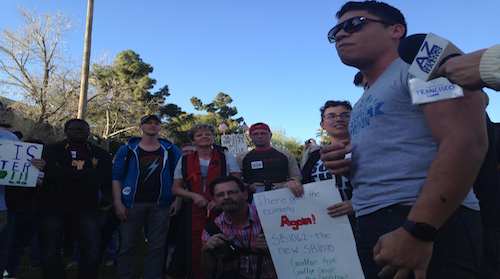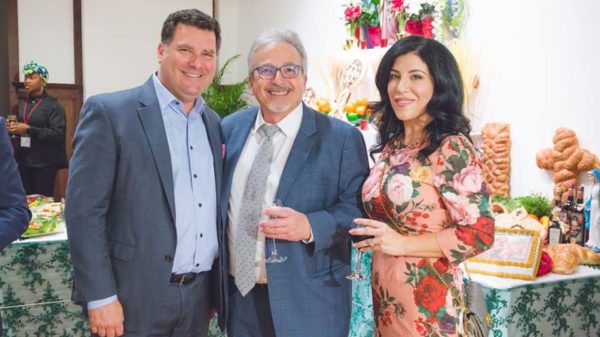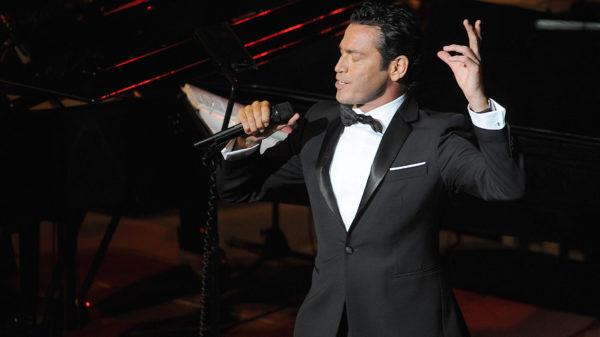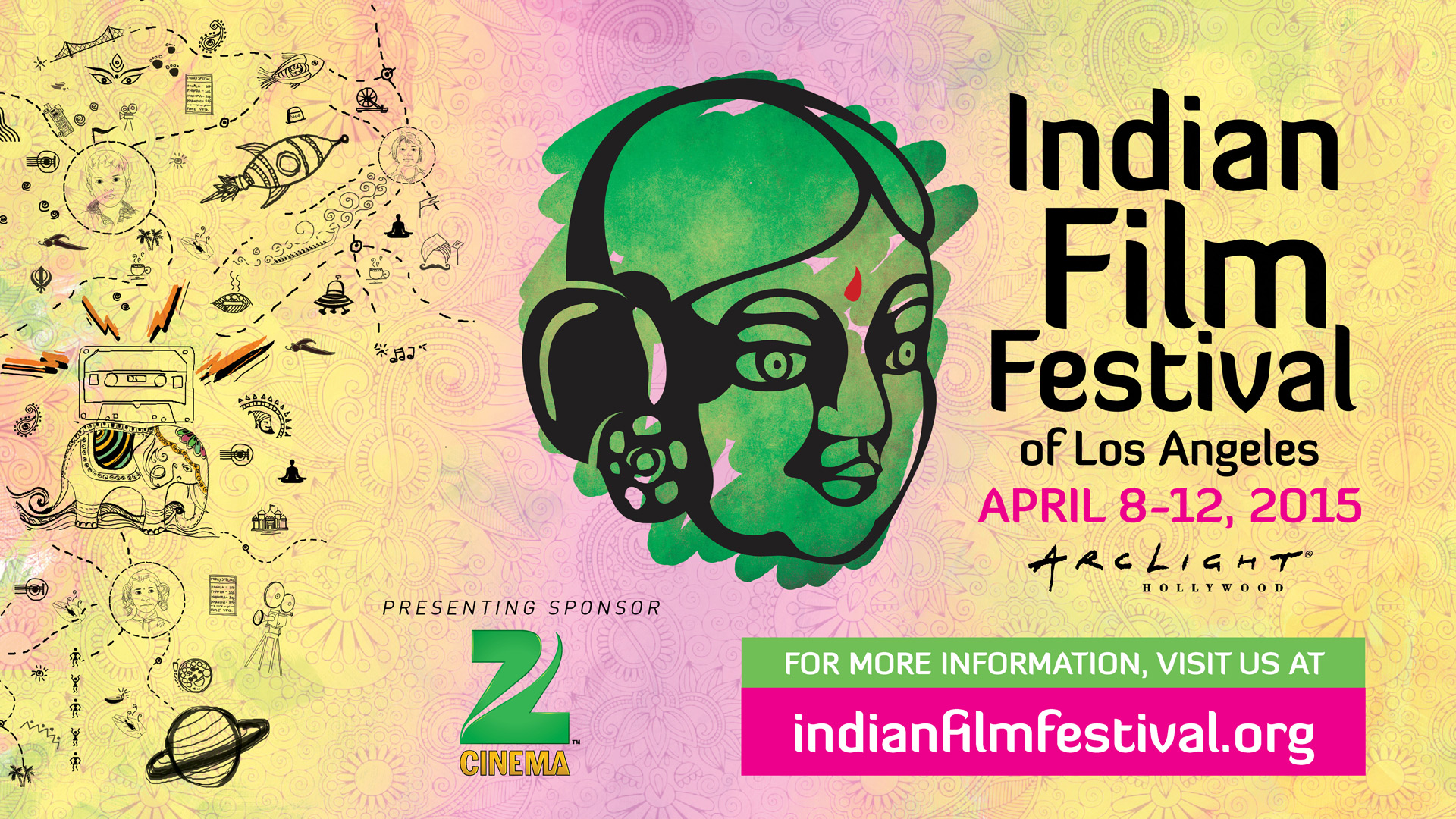The Unsung Heroes: Afro-Latino Contributions to America and the Ongoing Struggle for Visibility
Magazine, The Immigrant Experience, Stop The Hate
America’s vibrant tapestry of cultures, experiences, and contributions is woven from a multitude of threads. Yet, amidst this intricate mosaic, the voices and stories of Afro or black Latinos remain largely unsung. Their journey through history has been characterized by remarkable achievements as well as the enduring challenge of being unseen. As we strive to combat hate in the Black Immigrant Community, it is essential to spotlight the experiences of all communities that enrich the American tapestry, including Afro-Latinos. Regrettably, the history and contributions of Afro-Latinos are often undermined and overlooked.
A recent survey conducted by the Pew Research Center reveals a significant aspect of the Afro-Latino experience. It reports that “one-quarter of all U.S. Latinos self-identify as Afro-Latino, Afro-Caribbean, or of African descent with roots in Latin America.” This study further illustrates that Afro-Latinos are more concentrated on the East Coast and in the South, with a higher likelihood of being foreign-born and facing economic disparities compared to other Latinos.
Like all people of African descent from Sub-Saharan Africa, Afro-Latinos encounter challenges of discrimination and alienation. What compounds these struggles is that many Americans are unaware of the existence of this dynamic group whose roots in North America predate the arrival of English settlers. According to the Library of Congress, “Spanish-speaking Africans were present in North America before the arrival of English settlers, and Afro-Latinos came to be an integral part of American history. Their stories and struggles interweaved with those of Africans enslaved by English settlers, adding to the nation’s cultural tapestry.”
Contributions that Transcend Boundaries
Afro-Latinos, akin to their African-American counterparts, have left an indelible mark on the United States across a spectrum of fields, enriching the nation culturally, socially, and economically. Their contributions, though often overlooked, reverberate far and wide:
Music and Dance: Afro-Latinos have infused American music and dance with vibrant rhythms and melodies. Icons like Celia Cruz and Tito Puente brought the soul of Afro-Latino culture to the forefront, with salsa, mambo, and other genres becoming integral parts of American music.
Sports: The world of sports owes much to Afro-Latino athletes who have excelled on grand stages. Baseball legends such as Roberto Clemente and Pedro Martinez are celebrated not just for their athletic prowess but also for their humanitarian efforts, leaving an enduring legacy of compassion.
Art and Literature: In the realm of art and literature, Afro-Latino voices have added depth and diversity to the American narrative. Writers like Junot Díaz and musicians like Sammy Davis Jr. have used their talents to shed light on the Afro-Latino experience, bridging cultures through their work.
Science and Education: Figures like astrophysicist Neil deGrasse Tyson have not only expanded our understanding of the universe but have also highlighted the importance of diversity in STEM fields. Their presence challenges stereotypes and encourages aspiring scientists from all backgrounds.
Civil Rights Activism: Afro-Latinos have played pivotal roles in the fight for civil rights, advocating for equality and justice. Their contributions have been instrumental in advancing social justice causes and dismantling racial barriers.
The Challenge of Being Unseen
Despite their profound contributions, Afro-Latinos frequently find themselves marginalized and overlooked. The challenge of being unseen arises from a complex interplay of factors:
Stereotypes: Afro-Latinos are often pigeonholed or overlooked due to racial and ethnic stereotypes. These stereotypes perpetuate misconceptions, preventing a more comprehensive understanding of their diverse backgrounds.
Media Representation: The media significantly influences public perception, yet Afro-Latinos are often underrepresented or misrepresented. Such representations reinforce the notion that their stories are unworthy of being told.
Educational Gaps: Educational curricula and history textbooks often fail to adequately cover the contributions of Afro-Latinos, perpetuating a skewed view of American history.
Identity Complexities: Afro-Latinos navigate complex identities that straddle intersections of race, ethnicity, and culture. Acknowledging these complexities is essential for recognizing their contributions fully.
Celebrating and Amplifying Afro-Latino Voices
To address the challenge of being unseen, it is imperative that we celebrate and amplify Afro-Latino voices and stories. Their experiences, struggles, and triumphs deserve acknowledgment and honor:
Representation: Encourage diverse representation in media, literature, and the arts. Support Afro-Latino creators and artists to ensure their stories are told authentically.
Education: Advocate for comprehensive and inclusive educational curricula that accurately reflect the contributions of Afro-Latinos throughout American history. This will help dispel stereotypes and foster a more inclusive society.
Support Organizations: Support organizations and initiatives that aim to elevate Afro-Latino voices and address systemic inequalities. Together, we can break down barriers to visibility and recognition.
Engage in Dialogue: Foster open and respectful dialogues about race, ethnicity, and identity. Encourage conversations that promote understanding and empathy.
In conclusion, Afro-Latinos have made America better through their countless contributions. Their journey, marked by both resilience and the challenge of being unseen, reminds us of the importance of acknowledging the richness of our nation’s diversity. By celebrating and amplifying Afro-Latino voices, we can create a more inclusive and equitable society that appreciates the full spectrum of American experiences.
#AfroLatinos #HispanicHeritageMonth #BlackImmigrants #CulturalContributions #RacialJustice #Inclusion #Diversity #Empowerment #Visibility #MediaRepresentation #CivilRights #CelebratingCulture #Equality #Resilience #UnsungHeroes #StopHate #AmericanHistory #AfroLatinoIdentity #SocialJustice #Unity
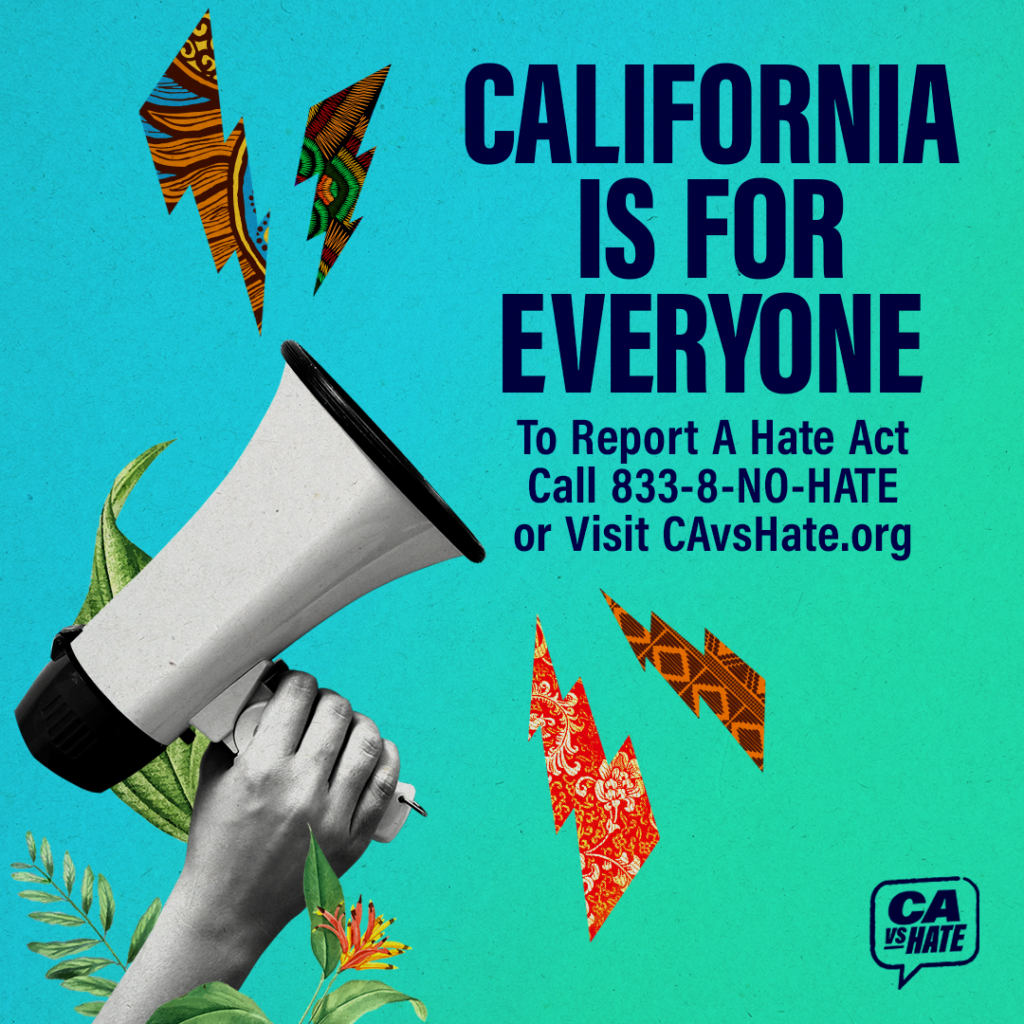 This resource is supported in whole or in part by funding provided by the State of California, administered by the California State Library in partnership with the California Department of Social Services and the California Commission on Asian and Pacific Islander American Affairs as part of the Stop the Hate program. To report a hate incident or hate crime and get support, go to CA vs Hate.
This resource is supported in whole or in part by funding provided by the State of California, administered by the California State Library in partnership with the California Department of Social Services and the California Commission on Asian and Pacific Islander American Affairs as part of the Stop the Hate program. To report a hate incident or hate crime and get support, go to CA vs Hate.

